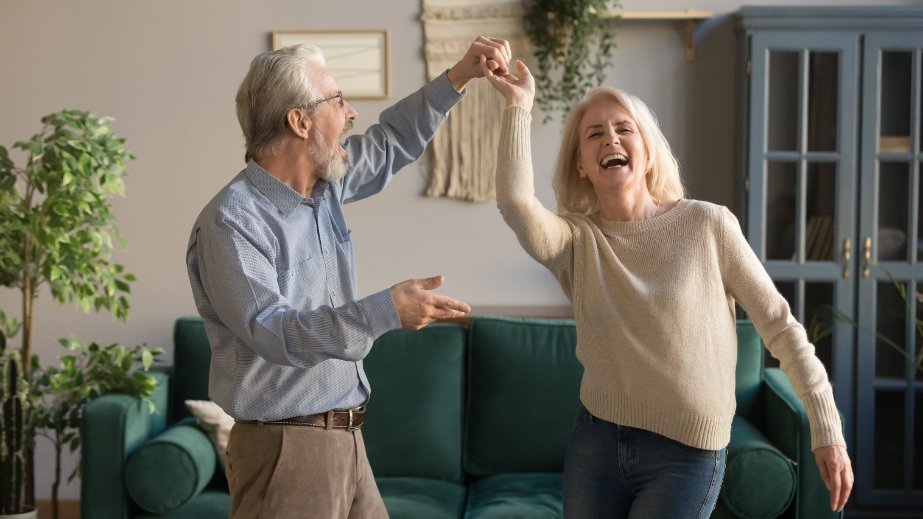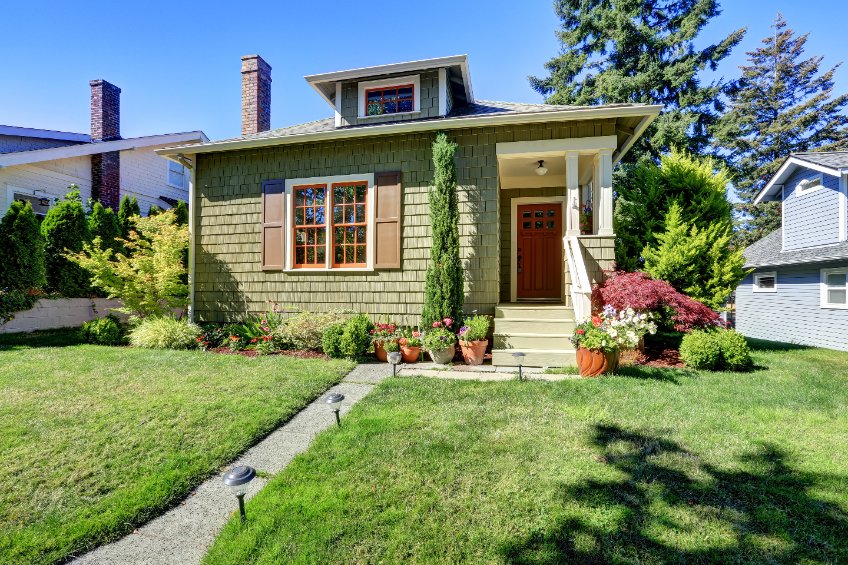
My husband and I had a slow start to homeownership. We lived in the suburbs of Chicago during our first 14 years of marriage. During the first 10 of those 14 years, I was the only one working full-time because my husband was getting his Master’s and then his Ph.D. However, when we both worked full-time, we still couldn’t afford a house because the property taxes were so high, and we had made so little money while he was in school. When we moved to Arizona, a state with low property taxes and home prices that were (at the time) more reasonable than Chicago homes, we decided to buy a house. However, we had some rough spots because we were buying a house before we were financially ready.
The Financial Basics Before Buying a Home
The rule of thumb is that you should be able to pay 20 percent down on your home to avoid PMI, have three to six months of living expenses saved, and can set aside one to two percent of the home’s value each year for maintenance and repairs.
However, we had none of those. We had only a $1000 emergency fund, and we didn’t have room in the budget to save for major house repairs or maintenance. As a result, we were house poor for several years.
Our Experience Buying a House Before We Were Financially Ready
We experienced a ripple effect because we bought a house before we were financially ready.
Paying PMI
We bought the house by putting 5.5 percent down, which meant we had to pay private mortgage insurance (PMI) every month.
Going Into Debt for Repairs
The previous owners of our home had been DIY’ers, so we had a lot to fix that they did incorrectly. We managed to pay for most of the minor repairs in cash. For instance, the previous owner installed the garage door sensors incorrectly, which affected how the garage door went up and down. That was a $200 repair.
However, two years into owning the home, on a blistering 110+ degree day, our air conditioning died. We needed a new HVAC system but didn’t have the money. So, we had to take out a loan to pay for the new unit. (Going without A/C in the Arizona summer heat is not possible.)
Delaying Repairs
We also delayed repairs because we couldn’t afford them. This was a problem because when we finally were able to make the repairs, they cost more. For instance, the previous DIY owner painted our exterior patio cement ceiling by painting directly on the cement. Almost from the time we moved in, the paint peeled off in large strips during storms. We couldn’t afford to fix it until 2021, after we had owned the house for seven years. When we finally could afford the repair, the entire patio roof needed fixing, and it cost us more than it would have if we had fixed it a year or two after we moved in.
How We Escaped Being House Poor
We owned our first home for eight years. For the first six years, we were house poor. However, the pandemic helped us house-wise. Our home climbed in value, and in May of 2020, we were able to refinance to get a lower interest rate and to get rid of PMI. Between those two factors, our house payment became more affordable.
In 2022, my husband got a job out of state. We sold our house and walked away with a tidy profit.
Our New House

Because we walked away with significant cash from our first home, we could meet almost all of the recommended financial safeguards for owning a home. We
- have 2.5 months of living expenses saved, meaning we’re just shy of the three to six months recommended by experts.
- Paid 20 percent down,
- Can save one percent of our house value yearly for repairs
The Benefits of Buying a Home When You’re Financially Ready
Owning our second home has been a different experience.
We were able to fix some problems immediately. For instance, once we moved in, we realized that one of the bedroom windows had a broken seal and was chipped at the corner, allowing outside air in. We were able to replace this window immediately instead of trying to live with the situation while scrimping and saving as we had to in our old house.
Should We Have Bought Our First House When We Did?
When I write our entire home-owning experience down, clearly, we should not have bought our first home when we did. We were not financially ready. However, I have the benefit of hindsight and can see a few other factors.
If we had waited to continue saving for a home, we would have been priced out of the market in a few years because home prices in Arizona skyrocketed. Arizona became one of the many Sun Belt locations that people flocked to during the pandemic, and we couldn’t have afforded a home at that price.
In our case, location, location, location made all the difference. Because of the influx of new residents to Arizona, our home value skyrocketed. That put us in an excellent position when we sold our home. And because our house value climbed so much, we could comfortably move on to our second home without a struggle.
Final Thoughts
Having been in both positions—owning a home before we were financially ready and owning a house when we were financially prepared—I know the latter is the better option. Yet, sometimes, especially in a market with exorbitant housing prices, you need to jump in when you can because the house values will only keep rising. However, prepare for a few difficult years when you are house poor. It’s not a fun place to be, but sometimes it’s where you need to be to grow your wealth.
Read More
Our Experience Prepping Our House for Sale
Selling a Home? Here Are 5 Proven Ways to Increase Your Home’s Value
How Can I Make Buying My First Home More Affordable?


No Comments yet!